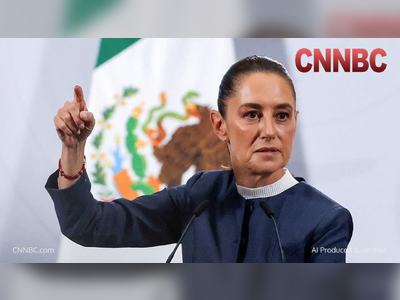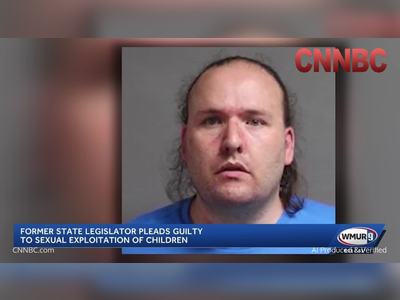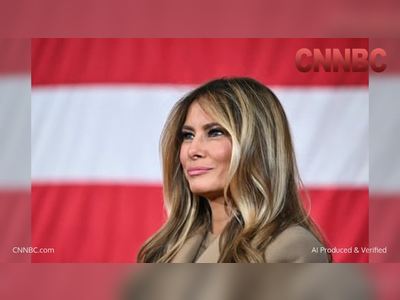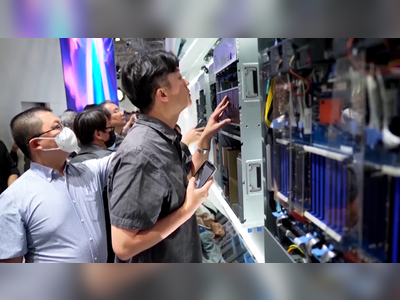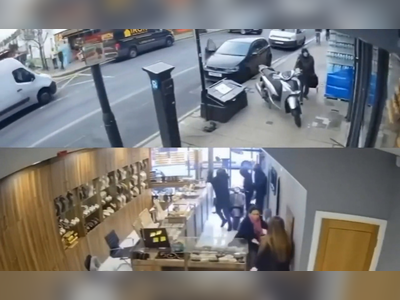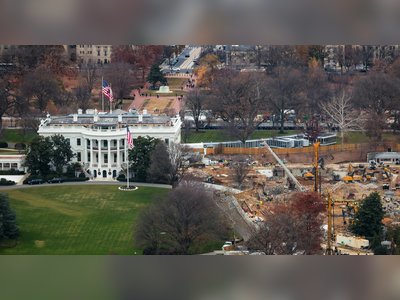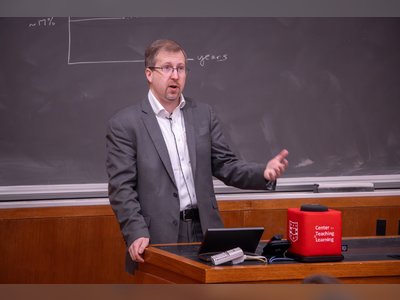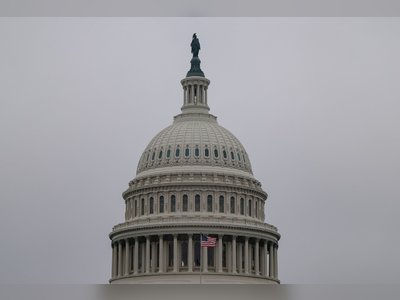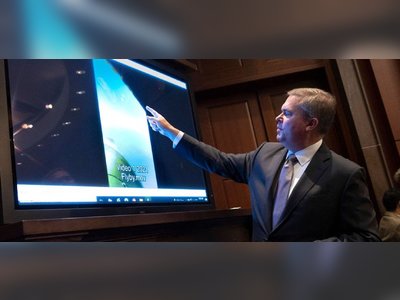
Zelenskyy Voices Concerns Over U.S.-Russia Communication Amid Ongoing Conflict
Ukrainian President expresses skepticism towards Putin's intentions while calling for closer dialogue with the U.S.
During a press conference at the Munich Security Conference on February 14, 2025, Ukrainian President Volodymyr Zelenskyy expressed his belief that Russian President Vladimir Putin is untrustworthy, stating, "Putin is a liar." This statement came as Zelenskyy raised concerns about the implications of U.S. communications with Russia, labeling recent phone calls with Putin as "risky" for Ukraine's sovereignty.
Zelenskyy emphasized the importance of direct dialogue between Ukraine and the U.S., noting that the two nations, alongside European partners, should agree on a comprehensive plan before any negotiations with Russia take place.
Zelenskyy stated, "I don’t want to go [down] in history as [the] president who helped Putin to occupy my country."
In his comments, Zelenskyy acknowledged that former U.S. President Donald Trump had provided him with his personal phone number, offering a direct line of communication.
The Ukrainian leader's remarks were made after a bilateral meeting with U.S. Vice-President JD Vance, who also attended the conference.
Vance characterized the discussions as "fruitful" and highlighted the potential for collaborative efforts to seek an end to the ongoing conflict.
The context for Zelenskyy's remarks includes a historical backdrop of previous dialogues with Putin.
He referenced a direct conversation regarding a ceasefire back in 2019, which did not yield the intended results, contributing to his current distrust of Russian intentions.
Addressing the situation, Zelenskyy asserted, "Trump is stronger than Putin, I think so.
But these phone calls with Putin are risky to us." This pointed remark underscores Ukraine's precarious position amid the ongoing conflict, which has involved significant military engagement since the escalation began in late 2022.
Additionally, Vance utilized the Munich Security Conference to critique European responses to free speech and democracy, arguing that these issues pose significant threats to societal stability.
He indicated that problems faced by European nations stem from internal governance rather than external threats such as Russia or China.
Vance, alongside U.S. Secretary of State Marco Rubio, also engaged with Zelenskyy on matters of mutual concern, tying their discussions back to the overarching goal of formulating a strategy to stabilize Ukraine and facilitate peace negotiations with Russia.
As the conference progressed, world leaders discussed various security threats while Zelenskyy's situation and Ukraine's ongoing challenges remained at the forefront of international discourse.
In a parallel development, Hamas confirmed the names of three hostages set for release as part of a deal involving prisoner exchanges with Israel.
This release, amid heightened tensions in the region, coincides with ongoing discussions about the broader geopolitical implications of violence in the Middle East and the role of international actors in mediating conflicts.
Zelenskyy emphasized the importance of direct dialogue between Ukraine and the U.S., noting that the two nations, alongside European partners, should agree on a comprehensive plan before any negotiations with Russia take place.
Zelenskyy stated, "I don’t want to go [down] in history as [the] president who helped Putin to occupy my country."
In his comments, Zelenskyy acknowledged that former U.S. President Donald Trump had provided him with his personal phone number, offering a direct line of communication.
The Ukrainian leader's remarks were made after a bilateral meeting with U.S. Vice-President JD Vance, who also attended the conference.
Vance characterized the discussions as "fruitful" and highlighted the potential for collaborative efforts to seek an end to the ongoing conflict.
The context for Zelenskyy's remarks includes a historical backdrop of previous dialogues with Putin.
He referenced a direct conversation regarding a ceasefire back in 2019, which did not yield the intended results, contributing to his current distrust of Russian intentions.
Addressing the situation, Zelenskyy asserted, "Trump is stronger than Putin, I think so.
But these phone calls with Putin are risky to us." This pointed remark underscores Ukraine's precarious position amid the ongoing conflict, which has involved significant military engagement since the escalation began in late 2022.
Additionally, Vance utilized the Munich Security Conference to critique European responses to free speech and democracy, arguing that these issues pose significant threats to societal stability.
He indicated that problems faced by European nations stem from internal governance rather than external threats such as Russia or China.
Vance, alongside U.S. Secretary of State Marco Rubio, also engaged with Zelenskyy on matters of mutual concern, tying their discussions back to the overarching goal of formulating a strategy to stabilize Ukraine and facilitate peace negotiations with Russia.
As the conference progressed, world leaders discussed various security threats while Zelenskyy's situation and Ukraine's ongoing challenges remained at the forefront of international discourse.
In a parallel development, Hamas confirmed the names of three hostages set for release as part of a deal involving prisoner exchanges with Israel.
This release, amid heightened tensions in the region, coincides with ongoing discussions about the broader geopolitical implications of violence in the Middle East and the role of international actors in mediating conflicts.


